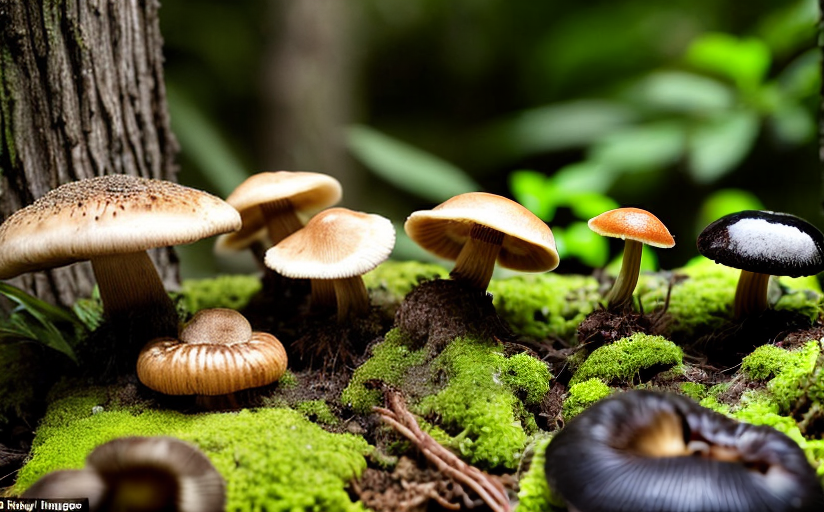The Critical Role of Fungi in Ecosystem Sustainability
In this article, we delve into the intricate role played by fungi within the ecosystem, contributing critically to its sustainability. These often-overlooked organisms not only serve a vital role within the ecosystem, but indirectly contribute to human survival as well.
The Intricate World of Fungi
Defining fungi, we step into an intricate world of unicellular and multicellular organisms that set themselves apart from other life forms through their unique characteristics. Unlike most organisms, they acquire nutrients through absorption instead of ingestion. Their cell walls are composed of chitin, as opposed to cellulose found in plants, and peptidoglycans found in bacteria. Their reproduction method is also unique, ranging from asexual to sexual reproductions which result in the release of airborne spores.
Fungi as Decomposers
Fungi are often referred to as nature's decomposers. Their role as decomposers implies that they break down and recycle nutrients from dead plant material, making them available for other organisms. By absorbing and recycling vital nutrients, fungi contribute significantly to the nutrient cycles of ecosystems.
Relationship of Fungi with Other Organisms
Fungi form symbiotic relationships with other organisms, such as mycorrhizal associations with the roots of approximately 90% of all known plants. These interactions are beneficial for both the fungi and the host plants. On the other hand, suppose we consider parasitic relationships. In that case, fungi can cause diseases in plants and animals, including humans, highlighting their versatility and adaptability within the ecosystem.
Fungal Biodiversity and Its Impact
Fungal biodiversity is vast, and this biodiversity influences ecosystem stability. A single gram of soil can contain thousands of individual fungal taxa, each contributing to diverse functions such as nutrient cycling and disease suppression. Protecting this diversity is critical to preserving the health and stability of our ecosystems.
Fungi: The Unseen Saviors of Human Race
Indirectly, fungi contribute to human survival as well. From the yeast used in baking and brewing, to penicillin and other vital antibiotics derived from fungi, these organisms’ impact on human life is significant.
Why Fungi Deserve Greater Conservation Consideration
Despite their enormous importance to the ecosystem health and human welfare, fungi have been largely overlooked in conservation strategies. Considering their relevance to biodiversity and ecosystem functions, it is essential to include fungi in conservation and biodiversity research. They truly deserve much more attention and study than currently focused on.
Historical data, scientific research, and expert opinions all solidify the importance of fungi in promoting ecosystem sustainability. It’s high time that we recognize the often-overlooked silent workers of our environment and ensure their preservation for the continued health of our planet.




















Comments
Leave a Comment